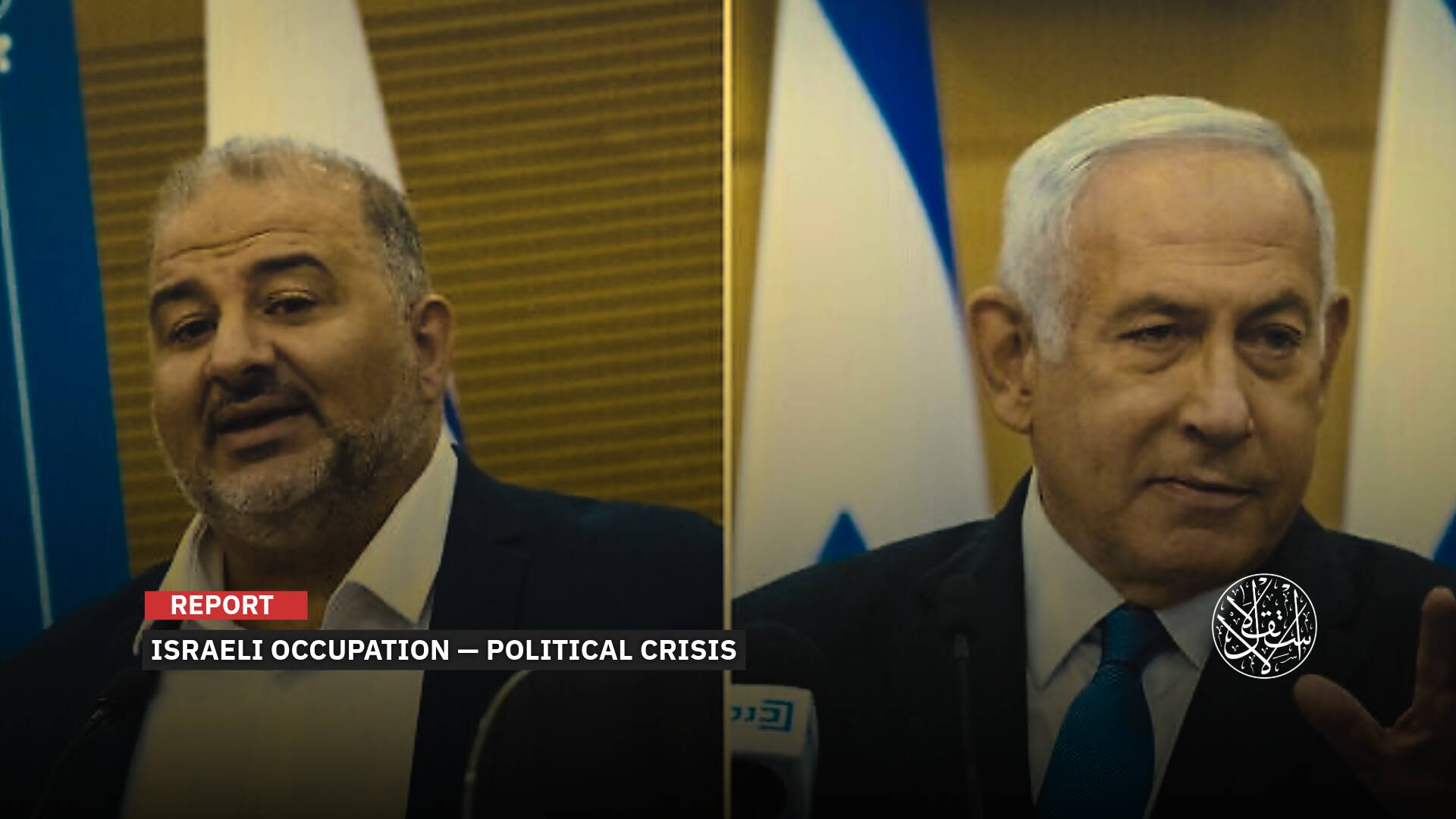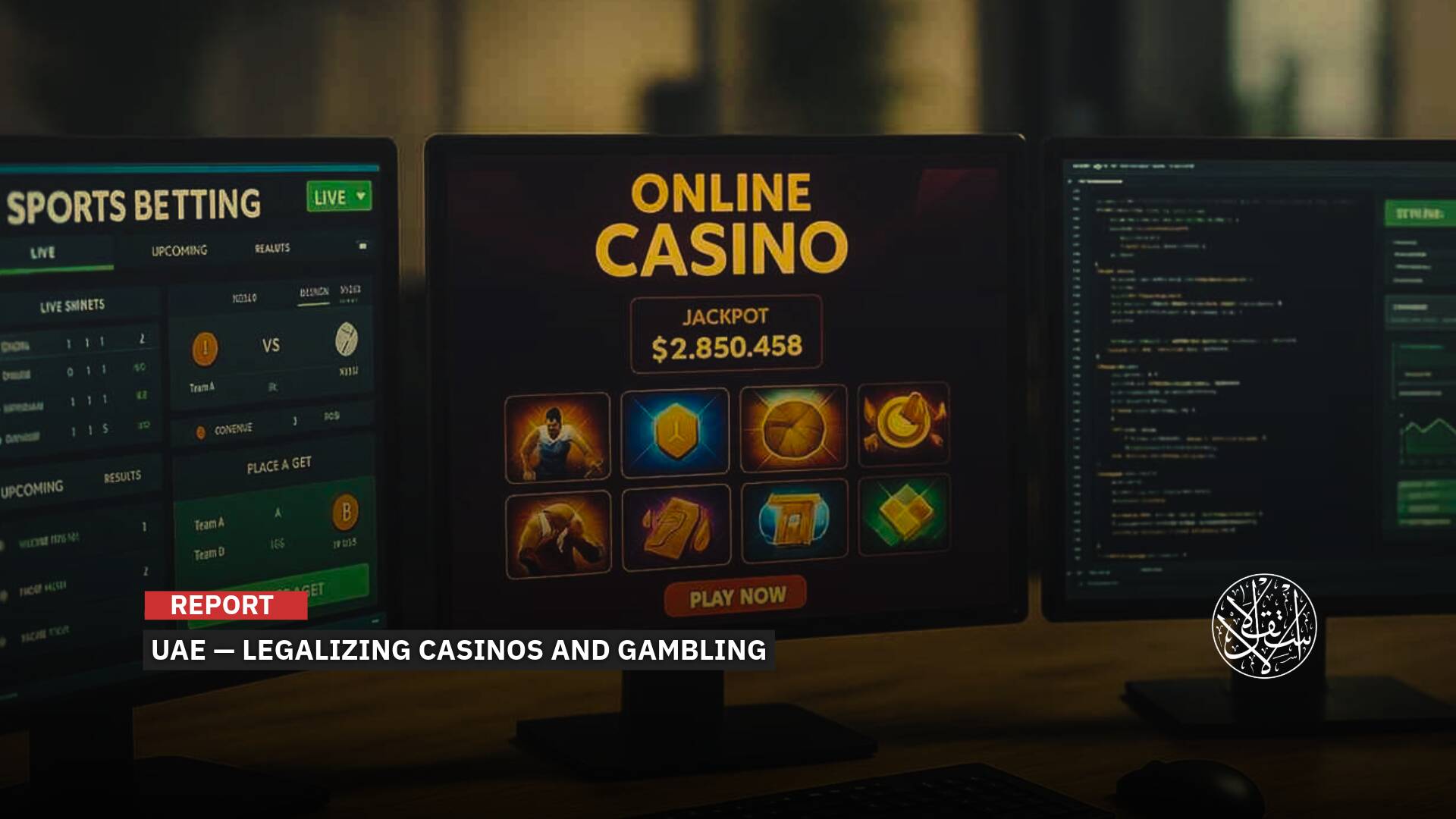This Is How International Channels Are Punished in India When They Expose Violations Against the Muslim Minority

Indian income tax officials on February 14 launched searches at the BBC offices in the capital, New Delhi, weeks after it aired a controversial documentary about Prime Minister Narendra Modi’s role during the 2002 anti-Muslim violence.
The Press Trust of India news agency, citing unidentified officials, reported that teams from the tax department had searched the BBC’s offices in Delhi and Mumbai, accusing it of tax evasion.
The BBC commented in a brief statement that it will “respond appropriately to any direct formal communication received from the Income Tax Department.”
In January, India banned the broadcast of a BBC documentary questioning Prime Minister Narendra Modi’s handling of the 2002 Gujarat violence. It said that even the sharing of clips on social media was forbidden.
A spokesman for India’s foreign ministry described the BBC documentary as a “propaganda piece designed to push a particular discredited narrative.” However, Reporters Without Borders, an international media watchdog, denounced the government’s action as part of “attempts to clamp down on independent media.”
The first part of the documentary recalled the most controversial period of Modi’s political career when he was Chief Minister of the western state of Gujarat in 2002. It focused on the bloody anti-Muslim riots in which more than a thousand people were killed.

Hiding the Truth
Kanchan Gupta, senior advisor at the Ministry of Information and State Broadcasting, denounced the film as “anti-India garbage.” He said that Twitter and YouTube had been ordered to block links to the film and confirmed that they had “complied with the directives.”
In its response, the BBC said in a statement that the documentary was “rigorously researched according to highest editorial standards” and included a wide range of voices and opinions. It added that it offered the Indian government the right to respond to the issues raised in the documentary, but it refused.
Days after India banned the documentary, the authorities rushed to stop showing it in colleges and universities and to restrict the publication of clips from it on social media, in a move that was criticized and described as an assault on press freedom.
The BBC did not broadcast the two-part documentary India: The Modi Question in India, but the federal government there banned it and banned clips from it on social media, relying on emergency powers under information technology laws. Twitter and YouTube complied with the Indian government’s request and removed links to the documentary.

Compliance of Tech Giants
What stirred greater concern amidst this mobilization over the documentary is the coordination between the Indian government and technology giants, specifically Twitter and YouTube. In this context, Indian journalist Hameed Naik told The Intercept news website that the Indian government had directed hundreds of requests to various social media platforms, specifically YouTube and Twitter, to delete posts that contain excerpts from or links to the documentary.
He emphasized that it is shameful that the two companies complied with the authorities’ demands and removed so many posts and videos.
The documentary has alarmed Modi because he continues to evade accountability for his complicity in the violence. He sees the documentary as a threat to his image internationally and has launched an unprecedented campaign against him in India, he noted.
This type of censorship, which includes obscuring crimes against humanity committed by a foreign political leader, raises concerns about Twitter’s practices, especially under its new management, as it was acquired by billionaire Elon Musk, at the end of October 2022, for $44 billion.
While Musk expresses pride in addressing the repression that conservatives in the United States have faced on social media platforms, which he describes as nothing less than a “fight for the future of civilization,” he appears to be failing in a more serious challenge in addressing demands for repression from foreign governments.
Musk, of course, tried to justify the position taken by Twitter regarding the documentary in India, as he tweeted: “It is not possible for me to fix every aspect of Twitter worldwide overnight, while still running Tesla and SpaceX.”
India’s government has regularly put pressure on Twitter, trying to twist its arm. At one point, the government threatened to arrest Twitter employees in the country over their refusal to ban accounts run by critics.
Before Musk took over, Twitter had a 20 percent compliance rate with Indian government requests. But when he acquired the company, he laid off about 90 percent of its roughly 200 employees in India, according to The Intercept.
It now appears that he is moving more and more towards submission to the Indian government. The reason for submission may be the tangle of Musk’s other businesses. He has business interests of his own in India, where his company, Tesla, is lobbying for tax exemptions to enter the market.
In the same context, Google, which owns the YouTube platform, has come under intense pressure from the Indian government. The company’s public transparency reports show that the Indian government has directed more than 15,000 requests to delete publications since 2011, compared to less than 5,000 requests submitted by Germany, for example, and about 11,000 requests for the United States of America, in the same time period. Between January and June of 2022, Google censored 9 percent of posts protested by the Indian government.
CENSORSHIP@Twitter @TwitterIndia HAS TAKEN DOWN MY TWEET of the #BBCDocumentary, it received lakhs of views
— Derek O'Brien | ডেরেক ও'ব্রায়েন (@derekobrienmp) January 21, 2023
The 1 hr @BBC docu exposes how PM @narendramodi HATES MINORITIES
Here’s��the mail I recieved. Also see flimsy reason given. Oppn will continue to fight the good fight pic.twitter.com/8lfR0XPViJ
Muslim Prosecution
It is noteworthy that the Indian authorities have adopted a systematic process of intimidation against local journalists who report part of the atrocities and violations targeting Muslims in the country. It has banned channels that give space to Muslims to express the oppression they face, prosecuted Muslim journalists who cover its abuses, and sought to restrict their accounts on social media.
Modi was prime minister of the western state of Gujarat when sectarian violence engulfed it, leaving more than a thousand people dead, most of them from the Muslim minority, according to government statistics.
The violence erupted after a train carrying Hindu pilgrims caught fire, killing 59 people. Human rights activists estimate that at least twice as many have died in violence.
Modi has denied accusations that he failed to stop the violence. A special investigation team appointed by the Supreme Court to investigate the role of Modi and others in the violence said in a 541-page report in 2012 that it had found no evidence to prosecute the then-prime minister.
Subsequently, Modi was appointed head of his Hindu nationalist Bharatiya Janata Party, which he led to power in the general elections that took place in 2014 and then in 2019.












